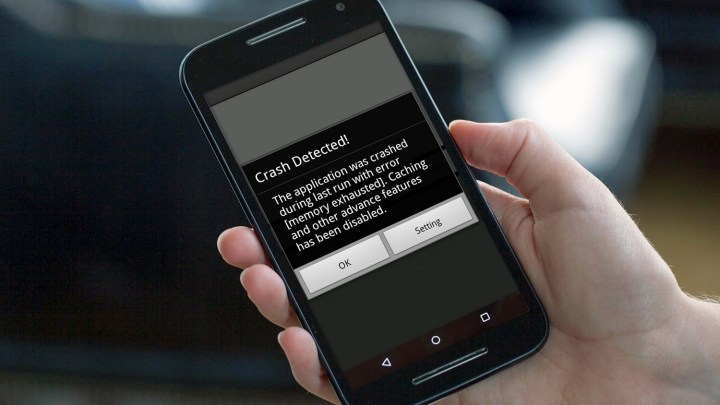
In April, Google found a similar spyware called Chrysaor that was believed to be written by another cyberarms company — NSO Group. Once installed, it would allow hackers to spy on the same information as Lipizzan — text messages, emails, and voice calls — as well as the keys you typed on your device. Google was calling it “one of the most sophisticated and targeted mobile attacks” seen yet.
While researchers noted that no apps with Chrysaor were discovered on the Google Play store, Lipizzan had different results. On the blog post, Google explained the latest spyware was distributed through the Play Store in the form of what looked like a harmless “backup” app. Once installed, Lipizzan would download and enter a second stage called “license verification” to scan the infected device. If given permission to proceed, the spyware roots the device with known Android exploits and begins to send data from the device to a command and control server.
Using techniques similar to those used to find and block Chrysaor, Google managed to block the first set of apps on Google Play, but new apps were subsequently uploaded using a similar format. Instead of being marked as backup apps, they were labeled as cleaner alarm manager or sound recorder apps instead and uploaded within a week of the first set being taken down. Thecompany was still able to spot the new set of apps not too long after they were uploaded.
There were less than 100 devices that checked into Google Play Protect, created by the company that scans your device to keep it safe along with your data and apps. This means the spyware only affected an extremely small number of Android devices — 0.000007 percent to be exact. Since finding Lipizzan, Google Play Protect has removed it from any affected devices and is blocking the installs on new ones.
To make sure your own device is protected from Lipizzan, Google urges users to make sure they have opted into Google Play Protect. They should also download exclusively from the Google Play store and keep “unknown sources” disabled while not using it. Lastly, keep your phone up to date with the latest Android security update.
